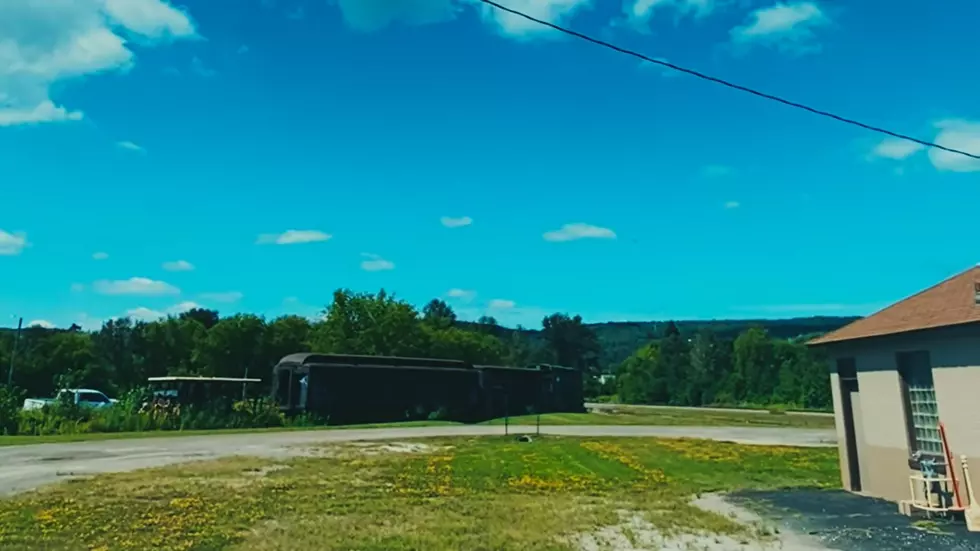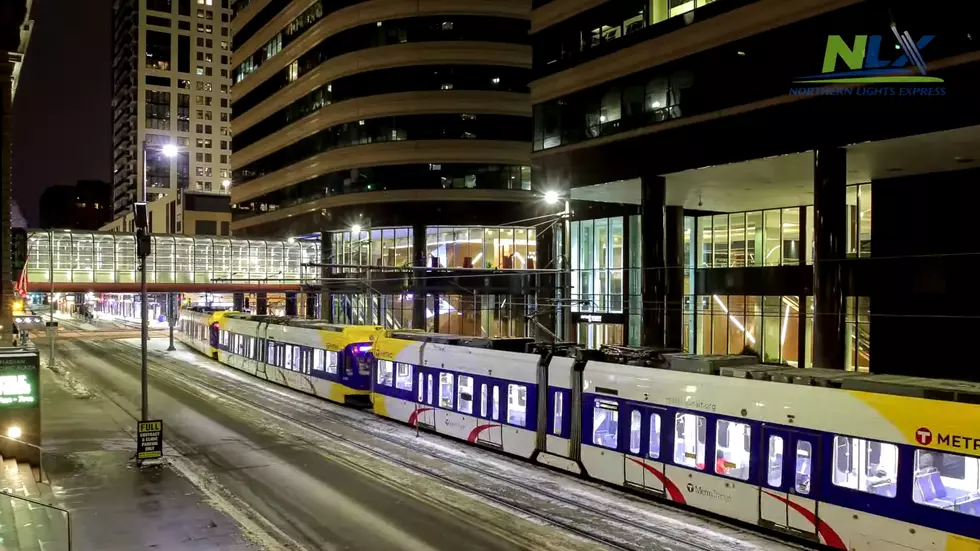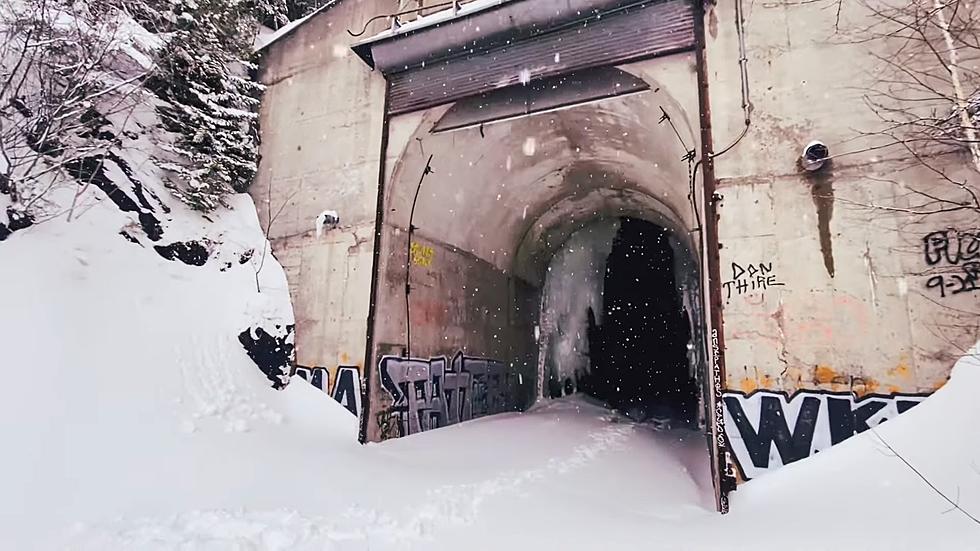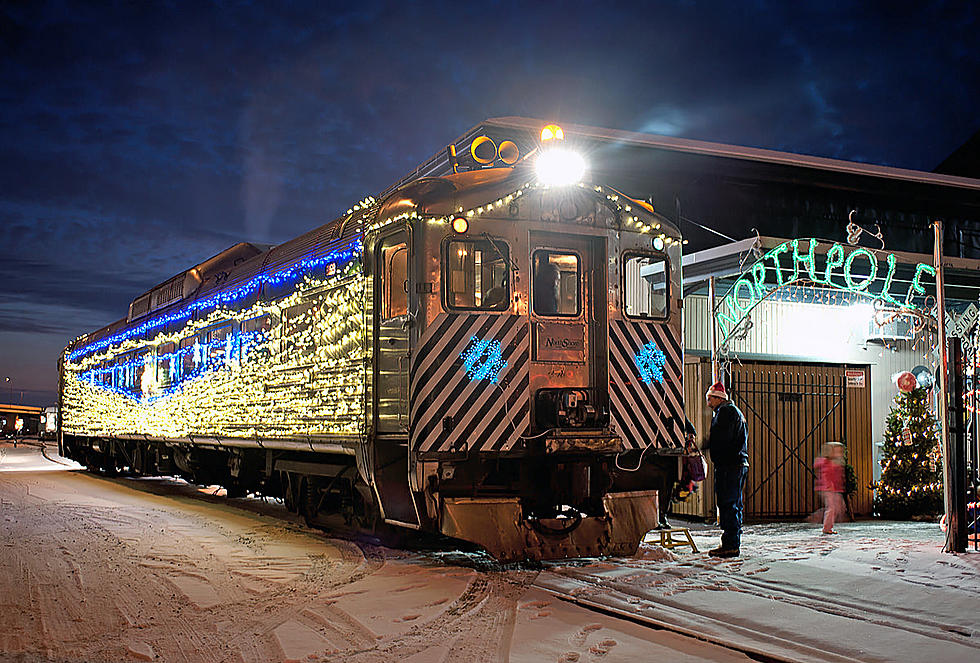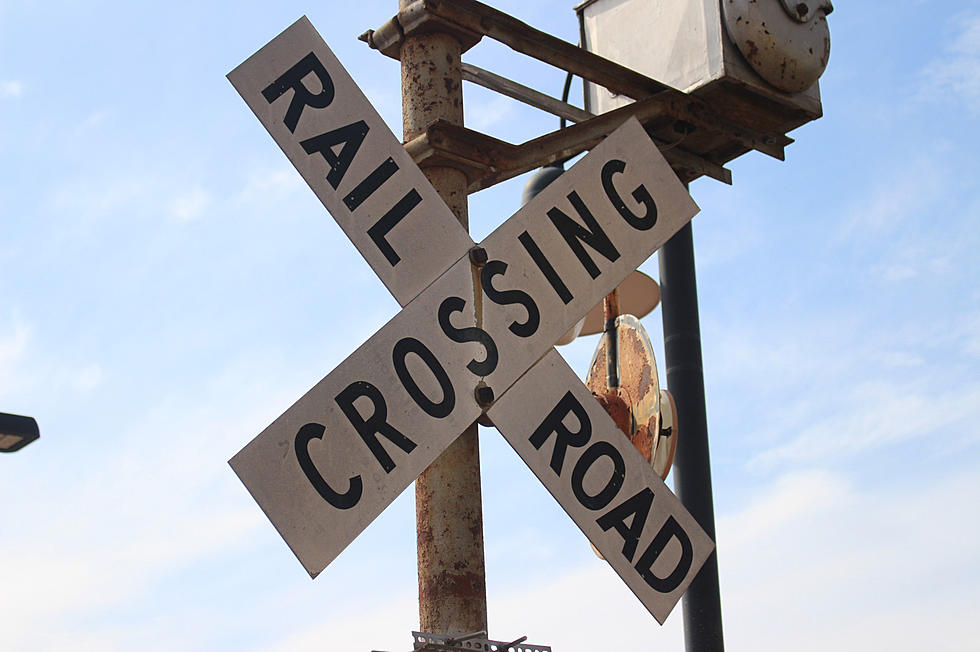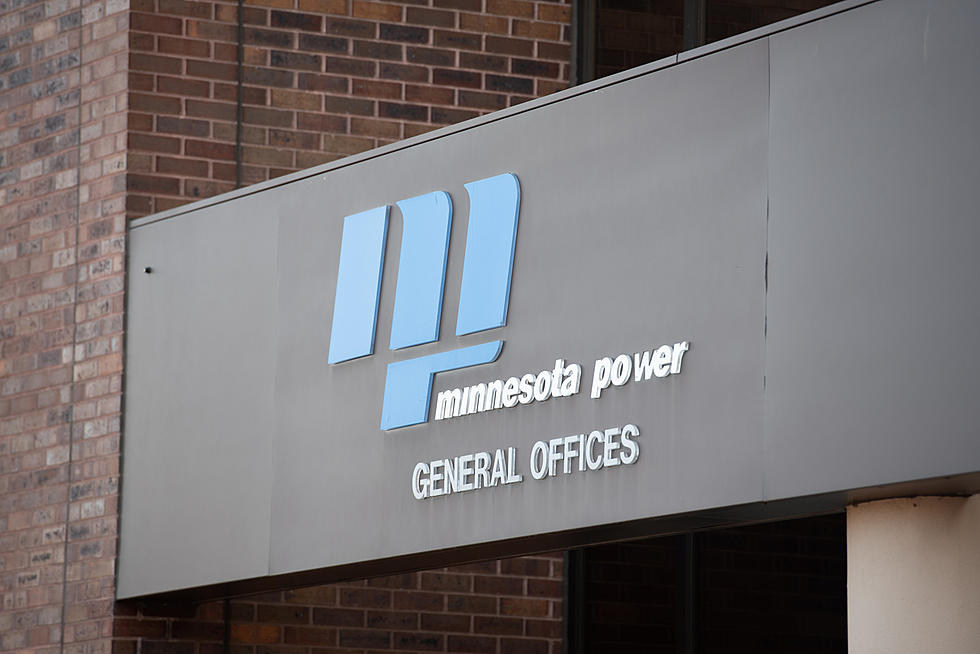
You Might Be Closer Than You Think; Minnesota Department Of Transportation Study Details How Many People Live In The Evacuation Zone Of Oil-Carrying Trains
Part of the current battle over extending the pipeline system in the United States has to do with safety; At the crux of the battle is which is form of transportation is the safest means to move oil and gases across the continent: by train or by pipeline.
Perhaps part of the problem is that many people don't see the full benefits and risks of both systems before forming an opinion. While they may not want a new pipeline near their property, they often don't realize that that oil already moves closer to them than they think.
The Minnesota Department of Transportation recently released an estimate of how many people live near rail routes that carry crude oil from North Dakota.
Currently, an estimated 326,170 persons live within one-half mile of rail routes that carry the oil from North Dakota across Minnesota, according to MNDOT. One-half mile is considered the evacuation zone if a train derails and evacuation becomes necessary.
“This data provides a greater emphasis on the need for a strong rail safety program,” said MNDOT Commissioner Charlie Zelle. “If trains derail and an emergency occurs, many lives could be in danger.”
Crude oil trains travel on 700 miles of railroad from the North Dakota border through the Twin Cities and other areas of the state for delivery to the east and Gulf coasts. Canadian railroads also carry limited quantities of Alberta heavy crude oil through International Falls and Duluth. Five to seven trains of crude oil pass through the state daily. Each train carries about 3.3 million gallons of oil.
Governor Dayton has recommended improvements at 75 highway-rail grade crossings so trains carrying crude oil and other hazardous materials travel more safely across the state and to ensure that first responders are not stopped at blocked crossings. His proposal would spend $330 million over the next 10 years to provide safer rail crossings. In addition, the governor is recommending funding for a new training facility at Camp Ripley to provide hands on training for emergency managers and first responders regarding oil train derailments and other hazardous materials spills.
More From KOOL 101.7

